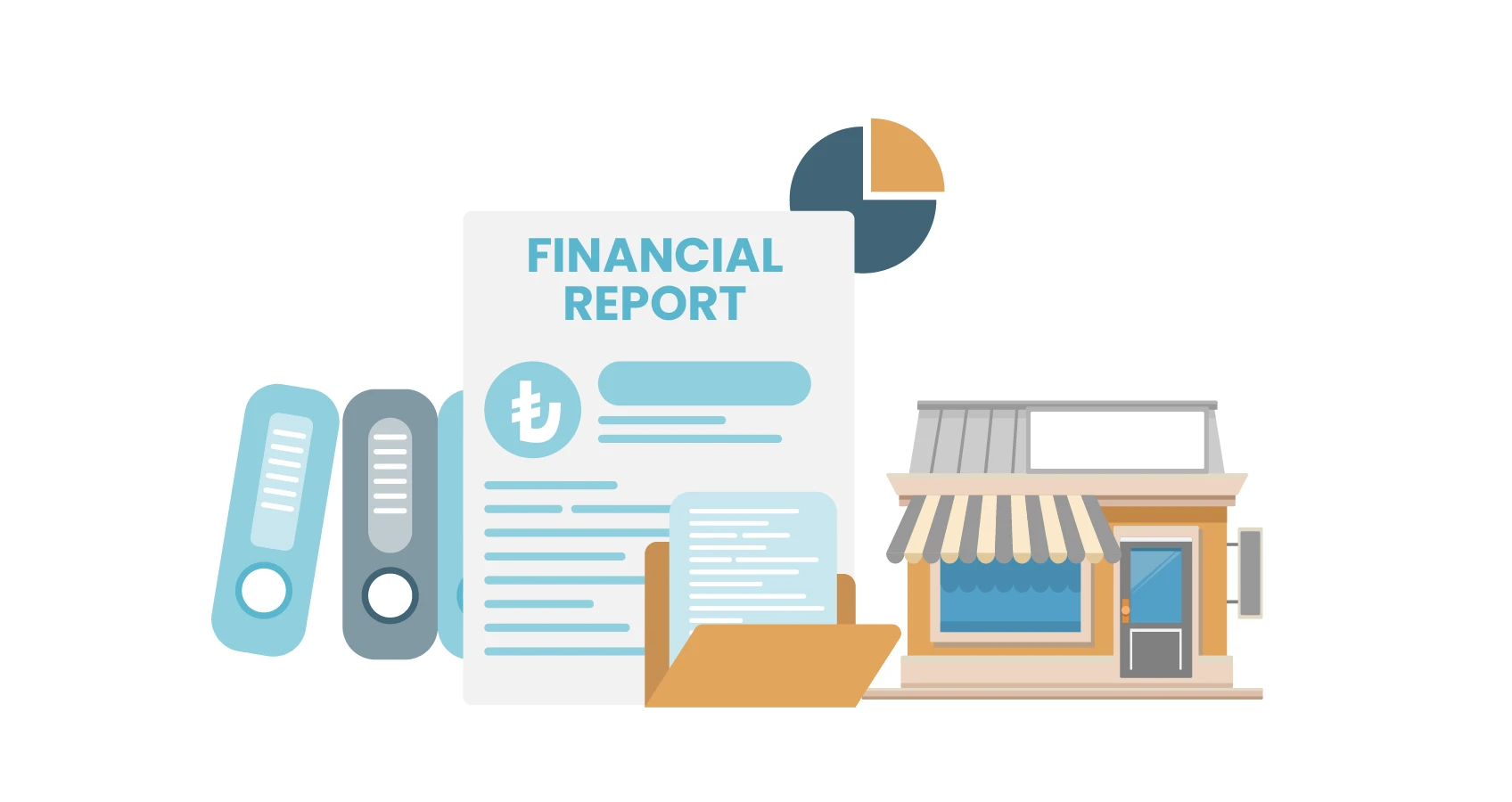Important Points Regarding The Application And Utilization Process of E-Invoice And E-Ledger
With the expansion in the usage area of electronic legder and electronic invoice through the Tax Procedural Law General Notification published on 20th June 2015, we point out to the subjects of which taxpayers have obligations within this context and the points to consider.
According to the notification, the taxpayers, who have gross sales revenue amounting to 10 Million TL and above within 2014 and its following years, are obligated to change over to electronic ledger and electronic invoice application as of 1st of January 2016. According to the notification, summarize; the taxpayers who obtained license from EPDK (Energy Market Regulatory Authority) due to the commodities stated in the List Number I annexed to the ÖTV Law (Special Consumption Tax) and the taxpayers, that manufacture, construct and import the products stated in the List Number III annexed to the ÖTV Law, are obligated to change over to e-ledger and e-invoice application.
For E-Invoice and E-Ledger applications, firstly a financial stamp must be procured. E-Invoice and Financial Stamp Certificate can be applied at the same time. In case the applications are made simultaneously, the date, on which the E-Invoice will be used, must be stated in the respective form.
THE PROCUREMENT OF FINANCIAL STAMP
Financial Stamp is a kind of electronic signature, which validates a document at the relevant institution. The legal entities must procure Financial Stamp in order to be abl to use both E-ledger and E-Invoice systems. Financial Stamp is procured by TUBİTAK-BİLGEM Public Certification Center.
TIME STAMP
Time stamp is a tool, that proves the existance of a certain data on a certain date. In case technical malfunction occurs in the Revenue Administration's (GİB) E-ledger system and if due to this reason the warrants cannot be uploaded to the E-ledger application by the legal deadline date, these warrants must be time stamped as well as being financial stamped. Time stamp can be procured from TÜBİTAK-BİLGEM Public Certification Center, by following the relevant application procedures.
E-ARCHIVE
E-ledger, E-invoice and Ledger uploading warrants must be retained in the electronic environment (E-archive). The retention process can be carried out by the archiving companies, that are approved by the institution. If preferred, the companies can also retain the relevant documents through their own IT structure.
E-LEDGER
With this application, it has been made possible to keep and retain the ledgers in the electronic environment such as journals and general ledger, which are mandatory to be kept. In order to utilize this system, the applications can be made by sharing information and documents in the electronic environment via the Revenue Administration. Following the approval of the application, E-ledgers must be started to be kept as of the 1st day of the month,which follows the date of application. Some of the important points to consider in this regard are as follows:
- The program/software to be used must be approved for compliance.
- The user details creating journal records will be included in the ledger.
- The recording dates of the documents are important.
- All information relevant to each document must be contained in single journal record for respectve document. Each journal entry must contain only one single document.
- The expense records of the company or its personnel must be reviewed within the day, any existing invoices must be recorded separately and for other expense documents an expense list form must be created.
- Z Reports must be booked on daily basis.
- Ledger warrant uploads are made until the last day of the third month following the relevant month. Once the uploding is concluded, there cannot be any changes, amendments or updating to be made on the records relating to these periods. The uploaded Ledgers and Warrants must be retained for 5 years according to Tax Procedural Law and for 10 years in accordance with the Turkish Commercial Code. The relevant institutions (Financial institutions etc.) may request these documents in the electronic environment, where necessary.

E-INVOICE
With this application, electronic invoices can be issued as qualified as paper invoice. In order to utilize this system, the applications can be made by sharing information and documents in the electronic environment via the Revenue Administration or by postSome of the important points to mention:
- The method to be used in the E-Invoice application must be determined. The taxpayers are able to use their own ''Information Technologies Infrastructures'' if sufficient or they can use the system produced by th institutions, that obtained ''Private Integration Permit'' or they can use ''Revenue Administration Portal''.
- With the E-invoice application, the invoices can only be issued to e-invoice users. Paper invoices will continue to be isued for non e-invoice users. Necessary controls must be made on the system before the issuing of the invoice.
- The issued e-invoice will be sent to the purchasing company. Once it is sent making changes or amendments on the e-invoice will not not possible. Hence the issuing of the invoice must be subject to utmost level of attention. In case of a change in prices or if the invoice is intended to be canceled, the processes must be carried out in accordance with the Tax Procedural Law and the purchasing company must issue return invoice or supplementary invoice, etc. (for rate difference).
- E-invoice users cannot issue paper invoices to each others. In the case that, such process takes place, penalty will be imposed depending on the consideration that an invalid invoice has been recorded in accounts. For this reason in both cases, where you are either the vendor or the customer, it must be checked during the trade process whether the relevant entity is included in the e-invoice system.
- The issued and received invoices must be retained for 5 years according to Tax Procedural Law and for 10 years in accordance with the Turkish Commercial Code. The relevant institutions (Financial institutions etc.) may request these documents in the electronic environment, where necessary.
E-ARCHIVE INVOICE
The taxpayers registered to the E-invoice application cannot issue e-invoices to the unregistered taxpayers. For these unregistered taxpayers the invoices are issued in paper form. However, with this E-arcihve invoice application, the taxpayers, who are not e-invoice users, will be able to be issued e-archive invoices, that bear the same legal status with the e-invoices. In order to benefit from this application using their own IT ınfrastructures will apply to the Revenue Administration by following the relevant procedures. If the application is intended to be utilized through private integrators, the application can be made directly at these Private Integrators instead of the Revenue Administration.

[1]www.efatura.gov.tr , www.edefter.gov.tr , www.resmigazete.gov.tr , www.gib.gov.tr , www.kamusm.gov.tr




